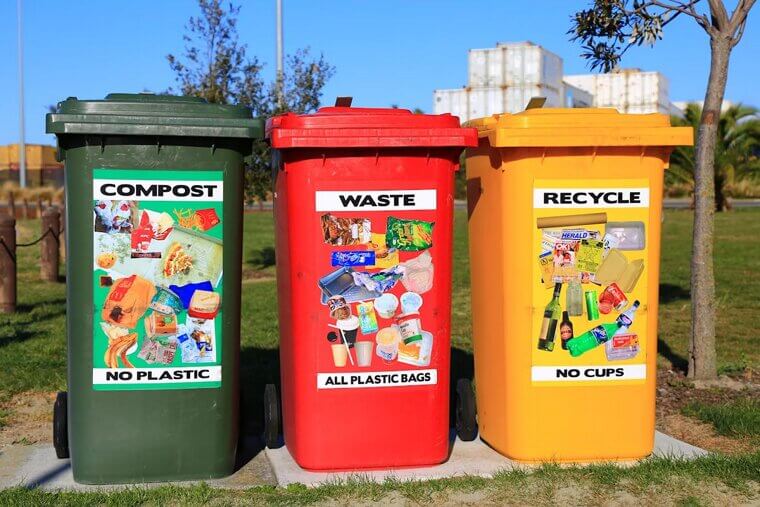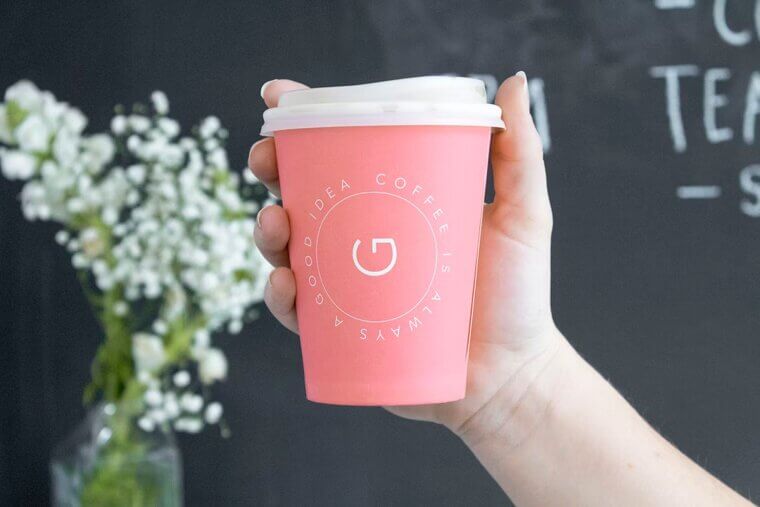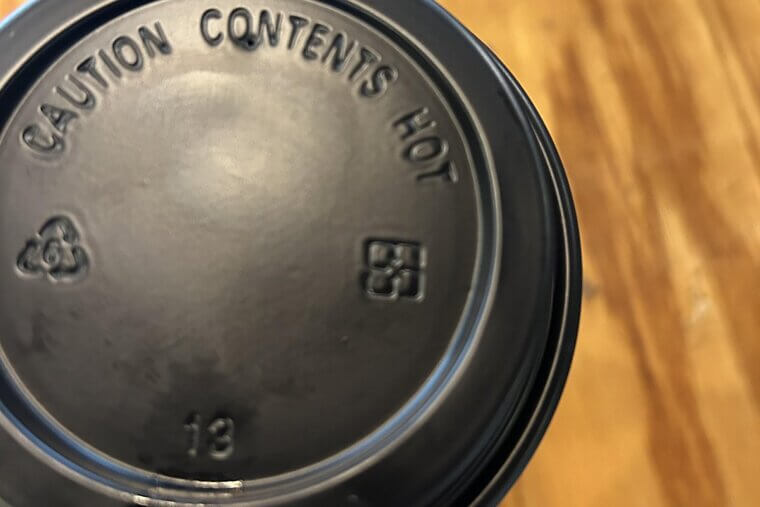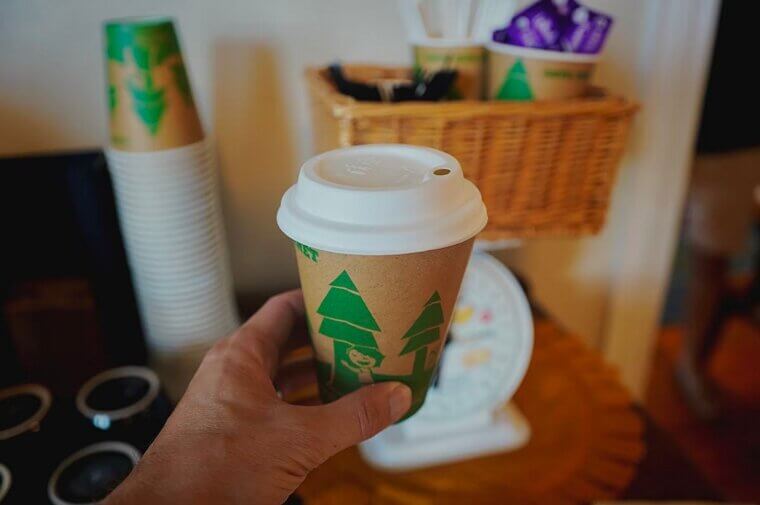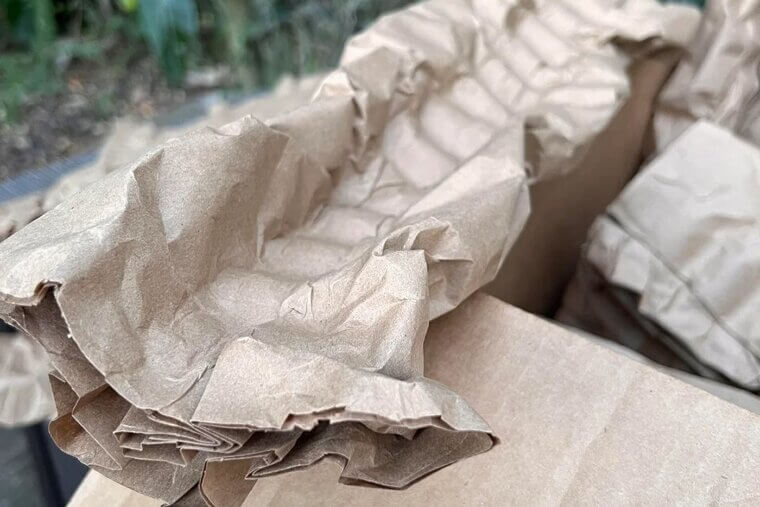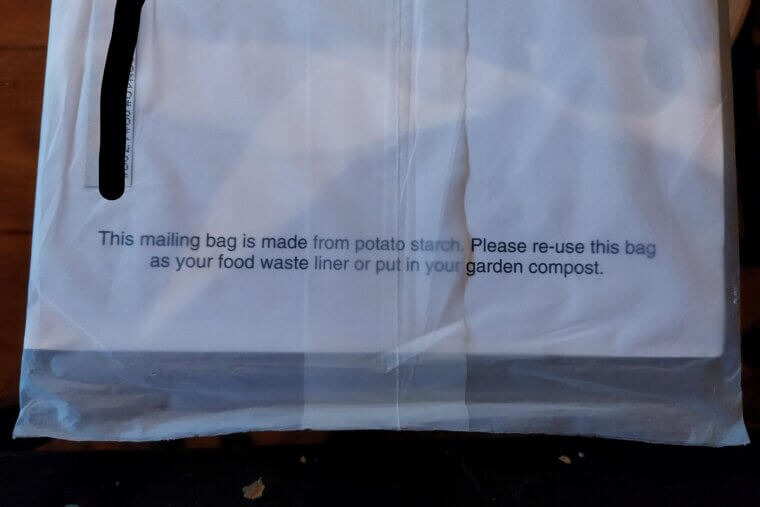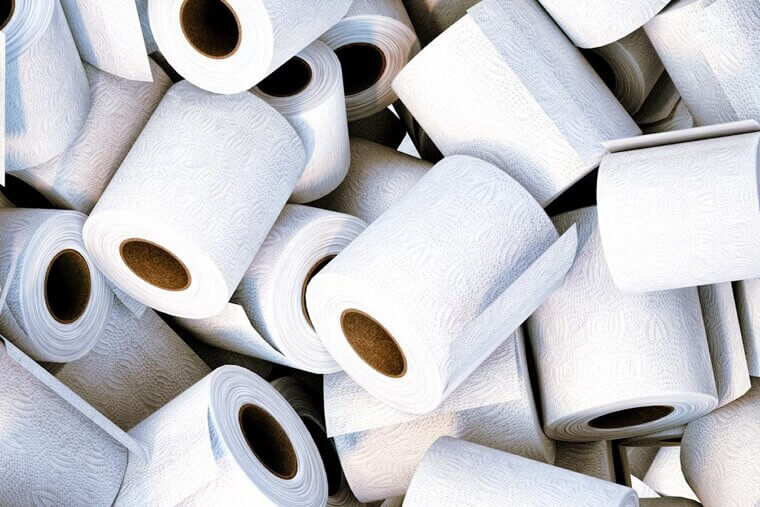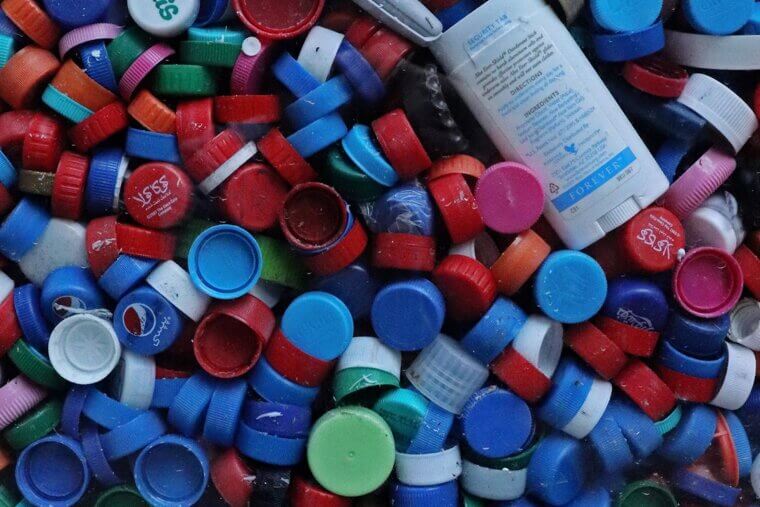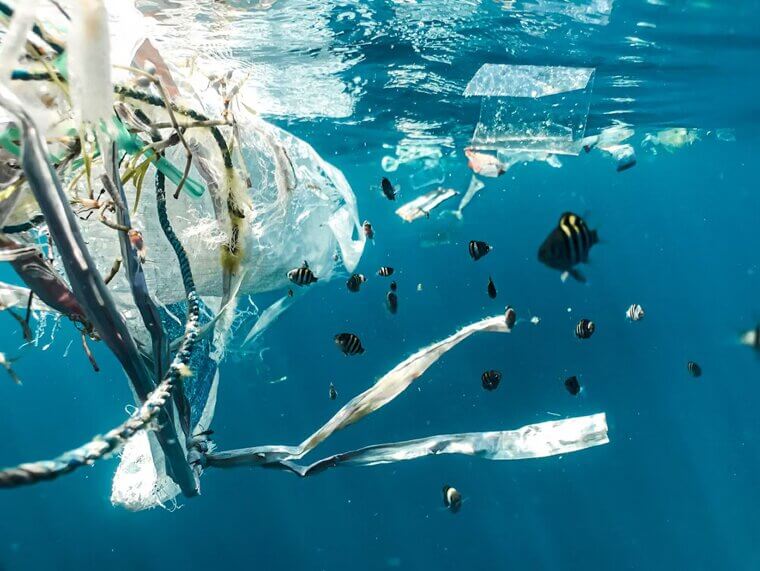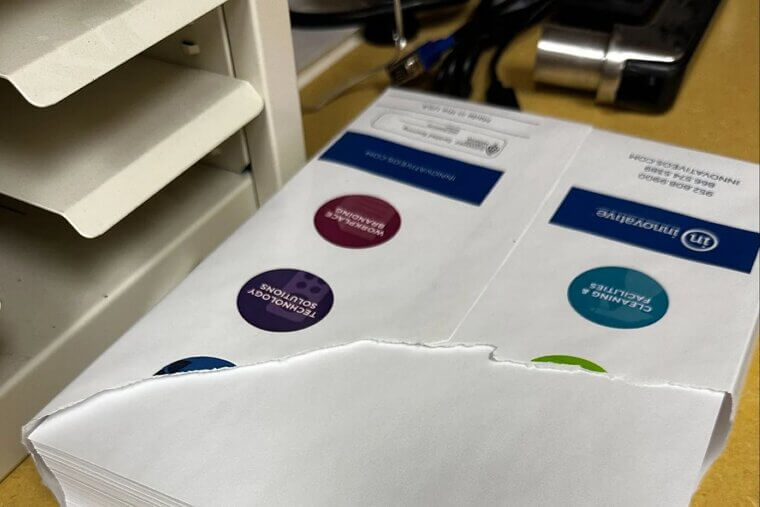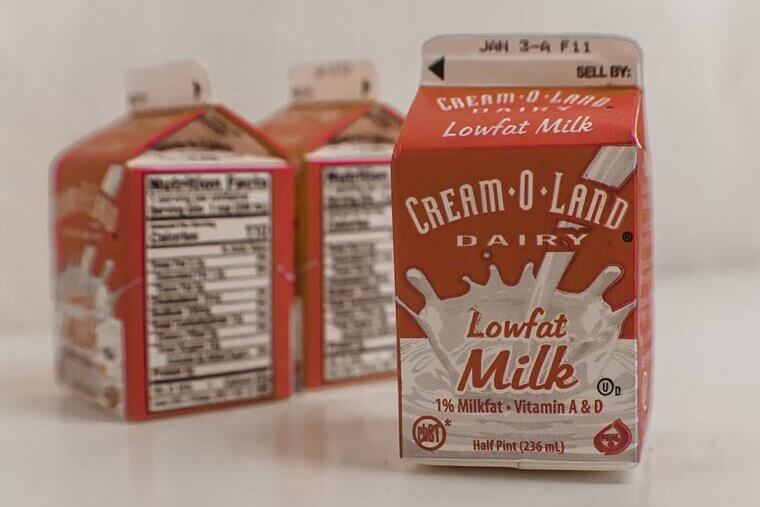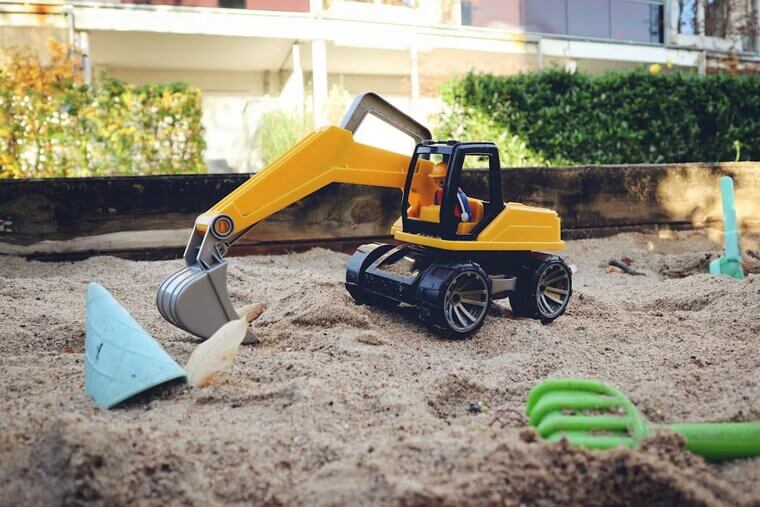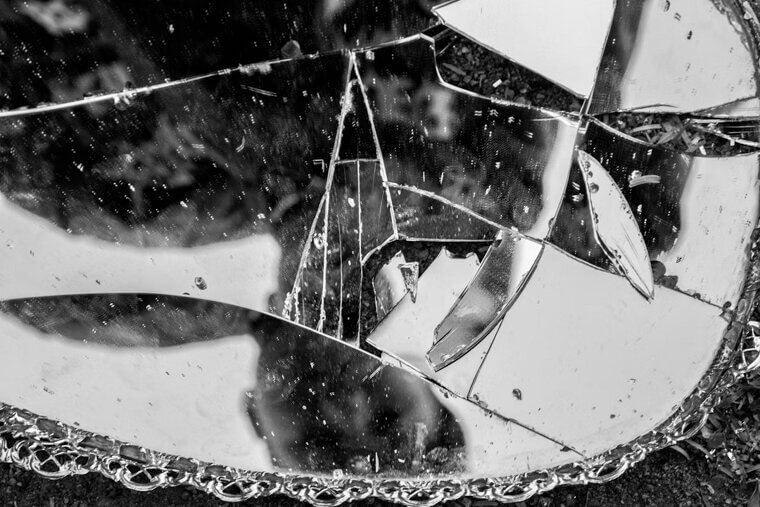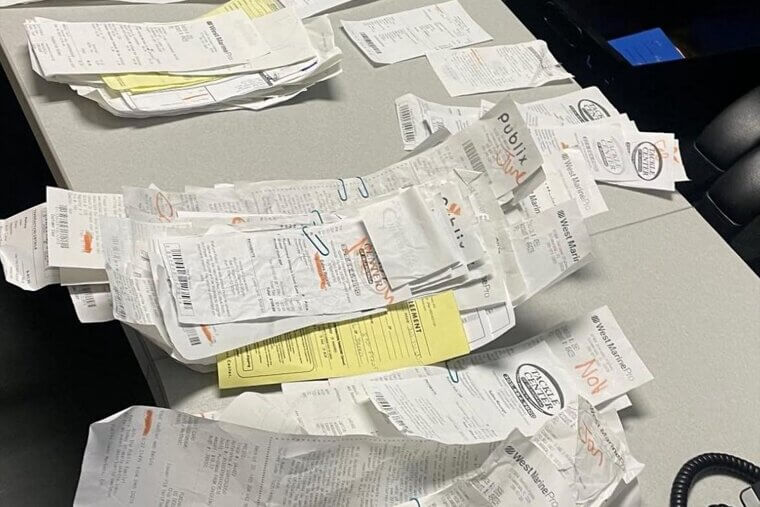The Importance of Recycling
People past a certain age grew up being told that if they recycled they could save the planet. Well, unfortunately it’s a little more complicated than that. There’s a lot of things out there that people think can be recycled, but actually cannot be. These 13 things, for example, shouldn’t go in the recycling bin. You get points for thinking about recycling in the first place, though!
Coffee Cups
Think coffee cups are recyclable? Think again. Those cardboard-looking cups are usually lined with plastic to stop leaks, which means they usually can’t be recycled and end up in landfill. Instead, why not carry a resusable coffee cup around with you?
Coffee Cup Lids
Those little plastic lids on takeaway cups might seem harmless, but they’re usually made from #6 polystyrene - a nightmare for recycling. Most kerbside services won’t take them, so they end up in landfill as well. Another reason to carry that reuseable cup around!
Compostable Coffee Cups and Lids
Compostable cups and lids might seem like a great idea, but actually they need industrial compost facilities to break down properly. Your organic materials bin usually isn’t enough. If in doubt, chuck these ones in general waste to avoid contaminating compost systems.
Other Compostable Packaging
New compostable packaging - like plant-fiber trays or cornstarch boxes - can be confusing. If they have bioplastic liners, they usually only break down in industrial composting. But plain bagasse or bamboo packaging? That can sometimes go in your organics bin. Double-check before throwing them away.
Biodegradable Packaging
#7 plastics - or biodegradable plastics - look like normal plastic but aren’t accepted in most recycling bins. Even if they claim to be compostable, they usually need industrial systems and might still confuse your council’s sorting. The safest bet? Bin them as general waste.
Tissues, Napkins, Paper Towels, Toilet Paper
We use these every day, but they aren’t recyclable - the paper fibers are too short and usually soaked or greasy. If they’re unbleached and clean, you might toss them in your compost bin. Otherwise, bin them, and consider buying reuseable cloths instead. And whatever you do, don't try and recycle used toilet paper!
Numbered Plastics
Unfortunately, just having a recycling symbol doesn't mean it's recyclable. Plastics #1 (PET), #2 (HDPE), and often #5 (PP) get recycled easily. But #3, #4, #6, and #7 are rarely accepted by kerbside services. Those usually go straight to landfill.
Un-Numbered Plastics
If your plastic has no recycling number, most councils won’t accept it, because sorting machines can’t identify it. It’s usually a mix of many different plastics. That said, soft plastics like sandwich bags can often go in special bins at supermarkets, even if unmarked.
Printer Paper Wrapping
That paper wrap around printer/copier paper isn’t plain paper, as you might think - it often has plastic or wax coatings to keep things neat. Unless it says recyclable, it’ll likely contaminate your bin. Check the packaging before you do anything with it.
Tetra Paks/liquid Cartons
Got milk cartons or juice boxes? They’re technically recyclable but need special equipment to separate their layers, and not every council has it. In New Zealand only a few areas accept them in kerbside bins. If your area doesn’t, find alternative recycling schemes or bin them.
Miscellaneous Plastics (Toys, Buckets, Pipes…)
If you have a lot of toys to get rid of, don’t assume you can chuck them in the recycling bin - they’re usually not accepted in standard schemes. Instead, try to reuse them, or donate them. There might be a kid out there who really wants them! And there might be an adult who wants your buckets or pipes.
Glassware, Crockery and Mirrors
Standard glass bottles and jars are recyclable, but don't throw in your old mugs, Pyrex, vases or mirrors - they’re made of different glass types and can spoil whole glass recycling batches. If it’s still usable, donate it; if not, wrap it and put it in the general waste.
Receipts
Receipts are basically just a nightmare. They usually contain BPA, and thus aren’t recyclable – plus, BPA is actually dangerous to humans. Put your receipts in the regular waste, but you can help save the planet by not getting paper receipts at all and switching to the electronic ones. Most big chain stores offer this.

